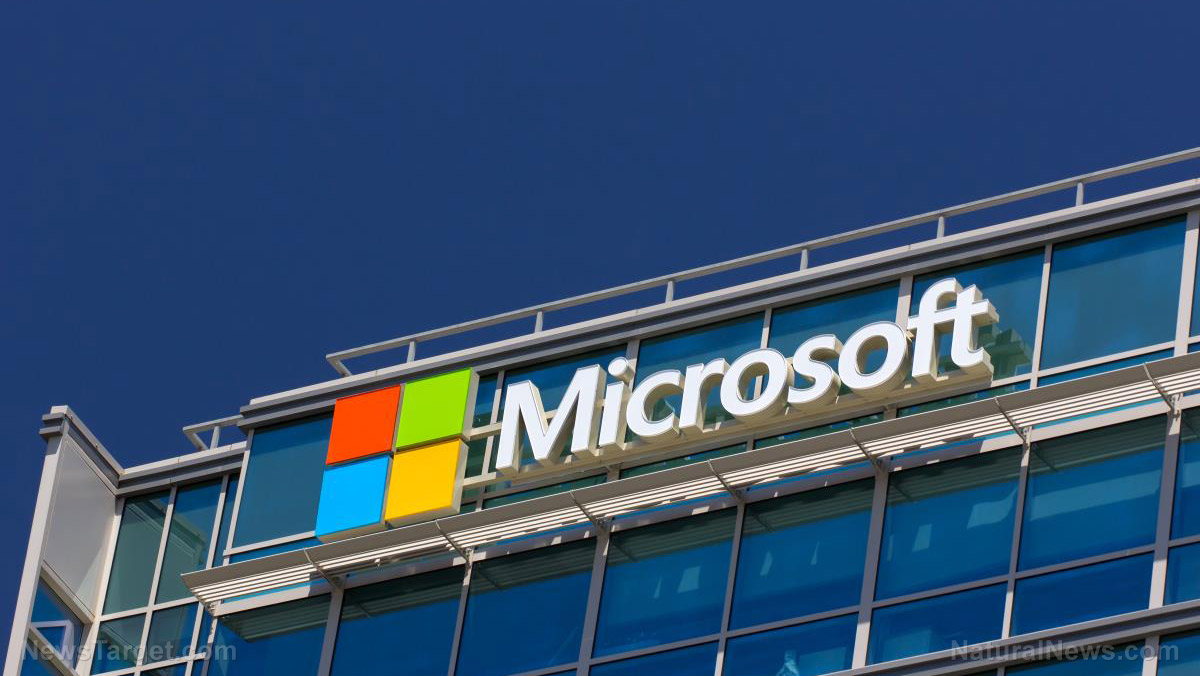Microsoft says female video games characters should be fat and ugly to “avoid stereotypes”

Microsoft says female video games characters should be fat and ugly to “avoid stereotypes”
Since their advent, human character-based video games have featured female characters with idealized bodily proportions that, like their super-strong male counterparts, are visually appealing to a wide range of players. This is about to change, though, as Microsoft is pushing for female video game characters to be fat and ugly in order to "avoid stereotypes."
In featuring curvy female characters with often large breasts and figured forms, video game companies are excluding, according to Microsoft, females in real life who are covered in cellulite and who sometimes remove their breasts entirely to become "trans."
Microsoft released a new guide for video game developers called "Product Inclusions Action: Helping Customers Feel Seen" that outlines the types of changes the Bill Gates-founded company wants to see in video games moving forward.
Game designers are encouraged by the guide to double-check their work to avoid introducing unnecessary gender barriers. Microsoft also wants these software developers to consider crafting female characters that are equal in skill and ability to their male peers, replete with clothing and armor that looks similar.
"Do they have exaggerated body proportions?" the guide asks, encouraging game designers to essentially make the female characters transgender both in appearance and function.
(Related: It is believed that Microsoft is front-running communist Chinese propaganda in support of the enemy.)
Fat and ugly, the new normal
One of the earliest iconic female video game characters with what Microsoft would now consider to be "exaggerated body proportions" is Lara Croft from the popular "Tomb Raider" video game series. If Croft were to be redesigned according to Microsoft's new guide, she would likely be grossly overweight with purple hair, piercings and saggy breasts – if she would even be given breasts at all.
Human knowledge is under attack! Governments and powerful corporations are using censorship to wipe out humanity's knowledge base about nutrition, herbs, self-reliance, natural immunity, food production, preparedness and much more. We are preserving human knowledge using AI technology while building the infrastructure of human freedom. Learn about our free, non-commercial AI / LLM project here. Support our efforts to build the infrastructure of human freedom by shopping at HealthRangerStore.com, featuring lab-tested, certified organic, non-GMO foods and nutritional solutions.
Another female video game character with proportions that Microsoft disapproves of is Bayonetta, a fantasy character seen throughout the action-adventure video game known by the same name.
Another "controversial" video game in this regard is "Stellar Blade," which uses a Korean model for the main character's appearance.
Microsoft emphasizes in its guide that most of the world's video game media, around 80 percent, is created in the United States, and yet so little of it reflects how American and U.S. females actually look and sound.
"Research shows that players prefer to play characters that look like them and are more likely to purchase and play experiences where they align to the character's identity," Microsoft says.
In other words, American and U.S. females tend to be larger, louder and less desirably curvy, according to Microsoft, which means more of that kind of female character needs to be designed into video games consumed by the U.S. market.
Microsoft is fearful that 57 percent of gamers, according to the latest data, avoid playing certain video games because there are no characters in the storyline that look and sound like them. Further, nearly half of all retail consumers have shifted away from brands and content that lacks their "value in diversity & inclusion."
As such, the prescription for fixing all this, according to Microsoft, is to create more slobby, ugly and obese video game characters that look and sound like the people who are playing such games, that way these consumers will continue to buy and play them.
"Having your story told is a universal human need, but for many in marginalized communities or in markets outside of the U.S., it's rare to be represented in media, let alone games, and as a result, some people could feel like a secondary consumer for our content," Microsoft says, calling this its primary "customer challenge."
More related news can be found at Twisted.news.
Sources include:



